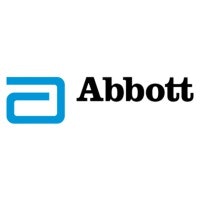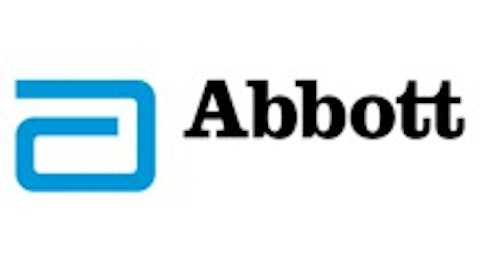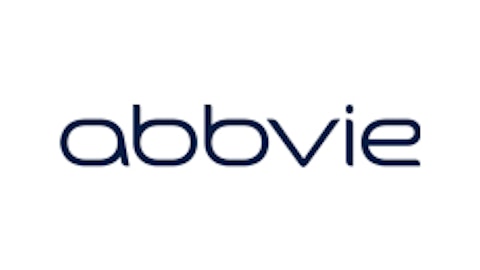Abbott Laboratories (NYSE:ABT) recently completed a spinoff that created the company AbbVie Inc (NYSE:ABBV). Since this spinoff, both companies have seen a significant rise in the stock price. From the limited data, it is difficult to tell if one company is a better buy over the other, or if the recent trends in the stock price are merely investor excitement. According to Joel Greenblatt, in his book You Can Be A Stock Market Genius, spinoffs are one of the “special” situations in the stock market that often contain hidden opportunities. Abbott Laboratories distributes medical products, whereas AbbVie is focused on research-based pharmaceuticals.

Abbott Laboratories is not necessarily doing much better as a newly focused company. The profit margins are significantly less than those of AbbVie, which most likely due to the loss in their largest source of revenue (HUMIRA). Abbott Laboratories no longer has the ability to use the significant revenues generated from HUMIRA to subsidize the costs associated with medical products such as research and development. They still do have a variety of other products that give the company opportunity to continue to thrive in the future. Abbott Laboratories does not rely on one product for their main source of revenue, which is a strength. Even though, like any company with revenue driven by patents, they still run the risk of patent expiration; their base is much more spread out to adjust for the loss of revenue of certain products. It is much easier to develop numerous small revenue generating products than to replace a massive product such as HUMIRA.
Over the next five years, the growth prospects for the two companies appear to be similar to that of the industry overall. In the past year, AbbVie had earnings decreases of 17.83%, even though their revenue growth grew almost 11%. AbbVie is projected to grow 40% in terms of earnings in the next year, but this still comes with the question if this growth is sustainable. Long term estimated growth in EPS is only 5.77%. In the coming year, Abbott Laboratories is expected to have revenue decreases of 42.98%. This is a drastic contrast to the 2% growth seen in the most recent year. Much of this decrease in growth has to do with the fact that a significant portion of Abbott Laboratories revenue is now part of AbbVie. The costs associated with a spinoff (discontinued operations) would also be part of this drastic change. Once these costs are no longer a concern, Abbott Laboratories will likely continue to grow at the pace originally seen by the company. Along with this, the current estimated growth in a long term scope, in terms of EPS is almost 11%. This presents some extremely important opportunities for investors. While AbbVie looks more promising in the short run, the uncertainty associated with the HUMIRA drug creates a very large risk. Unless there is knowledge that a replacement for this massive loss in revenue is a certainty, the future of AbbVie is too risky. Abbott Laboratories should be looked at for investment, and if there is any decline in price, possibly due to an earnings announcement in the near future, it would be a good idea to look into purchasing the stock.
The article The Value of Making Drugs originally appeared on Fool.com and is written by Katherine Wood.
Copyright © 1995 – 2013 The Motley Fool, LLC. All rights reserved. The Motley Fool has a disclosure policy.




